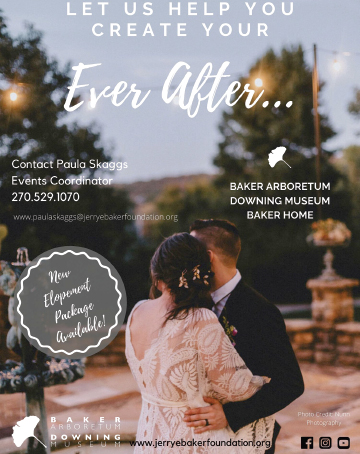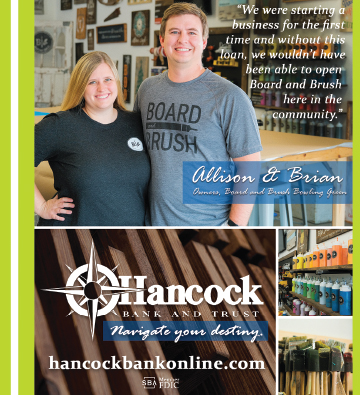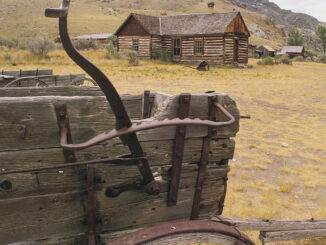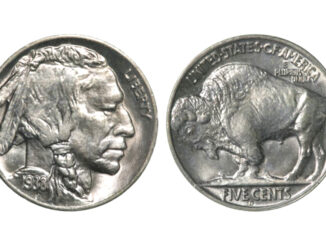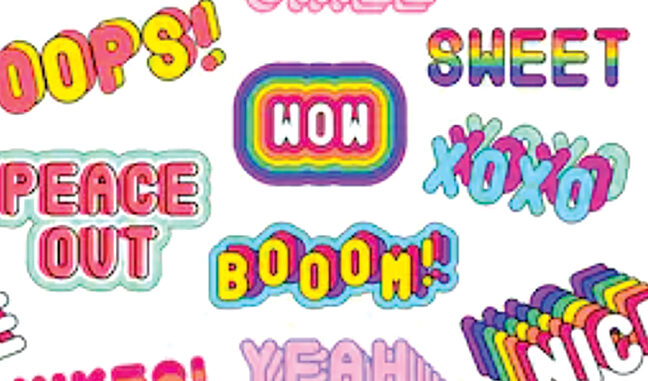
Language is our spoken words. It is the “tie that binds” thoughts of one individual to another. Language with all its many ramifications is a valuable commodity, one that is treasured and assimilated in all facets of human life. It is forever renewing itself and challenges the user with its meaning. It can be gentle, harsh or casual, loving and caring, thoughtless and thankless, but it is always valuable. One entertaining portrait of speech is the use of slang, a delightful vernacular in our lives.
Slang is an intriguing concept. This writer had an opportunity to refocus on the topic recently at a weekly dinner meeting with other adults of similar generations. As was usual, trivia was shared during the evening, with the restaurant manager, and often servers, joining in. The topic of the session was “slang.” We all felt confident with this quiz because we each recalled the words we used as youngsters for “latest gossip,” “hot to trot,” “over the top,” and the other meanings. To our amazement, we missed every one of them. A high school senior listening in got every one of the slang words correct. It was a rude awakening and a necessary reminder that slang is forever changing according to the times.
Slang is simply informal expressions used for familiar and easier communication among others with similar bases. Typically used to enhance understanding, it can also build barriers – often hostile ones. It is distinct vocabulary not to be confused with jargon, advertisement slogans, coded phrases or colloquialisms. Slang changes from time to time, giving new terms to familiar ideas.
Slang has a diverse origin, its beginning lost in unwritten annals of history. Records of living groups show evidence of the steady growth of common terms that would rate as slang. In the Middle Ages, it was most common among the uneducated. During the 16th and 17th century in Europe, it was the dialect mostly of criminals, primarily appearing in saloons and gambling houses. Proper language was taught to children and demanded in social settings. But as culture began to change, writers included common terms in their selections. Shakespeare was known to include such in his masterpieces. Eventually mass media, entertainment and a flood of fiction made slang familiar terminology.
In the early days of settlement in South Central Kentucky, slang was surely used but was probably limited to others with familiar experiences. As contacts and events moved forward in the community, common expressions became shared. The media in early 1800s aided in the process. One drawing in the paper pictured an obviously inebriated individual and his companion commented, “How come you so?” Another depicting a person moving rapidly was asked the question “Why are you ‘shinning around’?” Both show the commonality of handy expressions known as slang. From out of the hodgepodge of humanity in the area came merchandising, service and trading terms that soon united the people. Included in these were “some pumpkin” (a big deal) and “bottom fact” (an undisputed fact), “tell a thumper” (construct a clever lie) and “wake snakes” (get into trouble). “See the elephant” is an expression believed to have come from the fable, The Blind Man and the Elephant. As one writer observed, people had a rich variety of means for making new words and giving new meaning to old words.
From inside the cover of many books come familiar slang expressions. From Dr. Seuss who doesn’t use the word “Grinch” at times or “Don’t be a Who” comment. From Winnie the Pooh came the label ‘Eeyore’ meaning an insecure person. One can examine the daily newspapers for the comics and encounter slang vocabulary that seem to continue to exist across generations and locations. One can speak casually with strangers in other locations and still communicate an idea while quoting the cartoon characters familiar to most Americans.
Movies and pop music have increased our use of fascinating words but the most drastic influence of recent years has been the Internet and electronic technology. From “selfies” to abbreviated writing (“u” for you, “r” for are, “tuvm” for thank you very much) language has been redefined. Language does evolve steadily and constantly over time. In recent years it has become more universal, but it can remain local and private. It still can build contacts, it can destroy communication, it can heal, share joy among people or cause discord, depending on the user of the words.
How about the reader of this article? Can you recall when “good” was “swell” or was it “bad” in your time? Did “bread” mean “money,” was “hood” a juvenile delinquent or your home location like “crib,” did “chill” mean “take it easy” or “buzz off?” What will this list of words mean to you:
far out spacey
hot mama garbage
cooler vibes
bounce as if
grody loot
psyche bangin
tat senior moment
bling po-po
zip rad
The list used in the restaurant trivia experience contained ‘”tea, extra, basic, thirsty, woke, fit, low-key, salty, shade, ghosted.” Can you associate “dissing someone,” “over the top,” “not in a good way” or “something really really happening” to any of these words? If you can you are of the 2019 world. Our responses were all wrong.
Exploring our language is always interesting. Hope this article has refreshed your memory and prompted lots of conversation among your friends. Meanwhile, slang will remain the informal nonstandard vocabulary of individuals. It will introduce new words for the old meanings, but it will forever be amazing, awesome and a challenge to people. Language – one of God’s gifts to human life.
-by Mary Alice Oliver
About the Author: Mary Alice Oliver is a Bowling Green native who is a 1950 graduate of Bowling Green High School. She retired from Warren County Schools after 40 years in education. Visiting familiar sites, researching historical records and sharing memories with friends are her passions.




